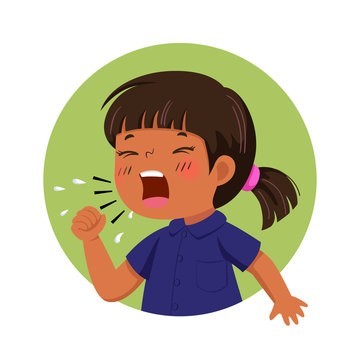RSV Symptoms
People with RSV usually show symptoms within 4-6 days after getting infected.
Symptoms of RSV Infection Usually Include:
Runny nose

Decrease in appetite

Coughing

Sneezing

Fever

Wheezing

These symptoms usually appear in stages and not all at once. In very young infants with RSV, the only symptoms may be, irritability (expressing increased annoyance at small things with longer crying periods), decreased activity (significant behavior change in physical movement, appetite, or crying pattern), and trouble breathing (panting, wheezing, or whistling sounds when working hard to breathe).
Call your healthcare professional if you or your child is having difficulty breathing, not drinking enough fluids, or experiencing worsening symptoms.
RSV Can Cause More Serious Health Problems:
RSV can also cause more severe infections such as, bronchiolitis (an inflammation of the small airways in the lung), and pneumonia (an infection of the lungs). RSV is the most common cause of bronchiolitis and pneumonia in children younger than 1 year of age.
Healthy adults and infants infected with RSV do not usually need to be hospitalized. But some people with RSV infection, especially older adults, and infants younger than 6 months of age, may need to be hospitalized if they are having trouble breathing or are dehydrated. In the most severe cases, a person may require additional oxygen, or IV fluids (if they can’t eat or drink enough), or intubation (have a breathing tube inserted through the mouth and down the airway) with mechanical ventilation (a machine to help a person breathe).
Learn more about people at high risk for severe RSV infection.
Last Reviewed: January 2, 2024

